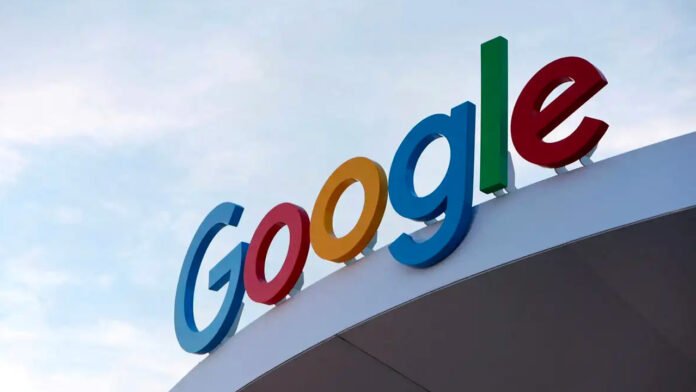Google could soon be forced to change radically The way it manages advertising online. This possible revolution was born from the concrete risk for the Mountain View giant of having to give up part of his dominance in the global digital advertising market. In the United States, a process that could mark a turning point not only for Google, but for the entire technological ecosystem, is underway.
What Google risks
At the center of the case is the accusation, already confirmed in a sentence, according to which Google would have abused of their dominant position in the advertising server market Used by the publishers and platforms where the auction takes place for the sale of advertising spaces. According to the US Department of Justice (DOJ)the company has built and maintained for years a commercial network closed and difficult to abandon, limiting competition with a closely integrated software ecosystem, reduced interoperability and mechanisms that systematically favor its services.
There Federal judge Leonie Brinkema In the spring it established that Google violated the antitrust rules. The procedure has now entered the most delicate phase, the one in which we must decide how Google should remedy and correct the effects of his conduct. Establish if there has been one illegal conduct It was relatively simple, much more complex is to understand how to rebalance the market without generating collateral damage or compromising the entire system.
The Department of Justice asks for an incisive response and among the advanced proposals there are the Sale of the ADX advertising platformtheOpening of the code that regulates advertising auctions internal to Google systems and the possibility of extend the sale to other assets too If the initial changes do not produce concrete results. The goal is to break the vertical integration that allows Google to check each phase of the advertising process, from the demand to the supply, passing through the management of the inventory and the positioning of the ads.
Google rejects the idea of a forced separation and instead proposes a solution based on behavioral obligations. The company argues that greater transparency, the introduction of new shared technical standards and the commitment not to favor its tools than those of the competitors are more effective and less destructive solutions. Google experts speak of excessive costs and risks related to the fragmentation of the current technological ecosystem, arriving at define the demands of the government as unrealistic.
Follow Google Italia on Telegram, Receive news and offers first
The decision of judge Brinkema can become a precedent
The debate is technical and legal at the same time with the judge Brinkema who admitted that he is in a role he would prefer to avoid. DuringLast phase of the process invited the parties to find an agreementdefining the cause as one of those that should end with a transaction. If a compromise does not arrive, she will have to decide how to redesign a market on which a significant share of global digital advertising depends.
In similar cases, other judges have chosen the path of prudence. It happened last year when the judge Amit Mehta He recognized the abuse of dominant position in the online research sector by Google preferred not to impose the separation of the Chrome browser, limiting himself to recommending less radical remedies. Brinkema could follow a similar path, or opt for a structural intervention that would go to Hit the heart of Google’s business model.
The verdict is expected in the coming months and could have effects higher than those of the parties involved in this single process. Other large technological companies They are in the sights of the US antitrust authorities. Apple, Amazon, Meta and Live Nation, for example, are involved in investigations and procedures that raise similar issues on competition, interoperability and control of digital markets. The decision of the court could therefore become a previous one Key to the entire sector, helping to define the boundaries of the power of the platforms in the coming years.

